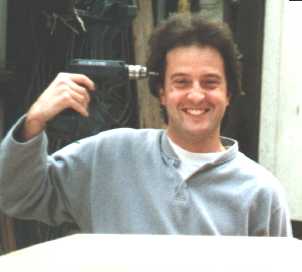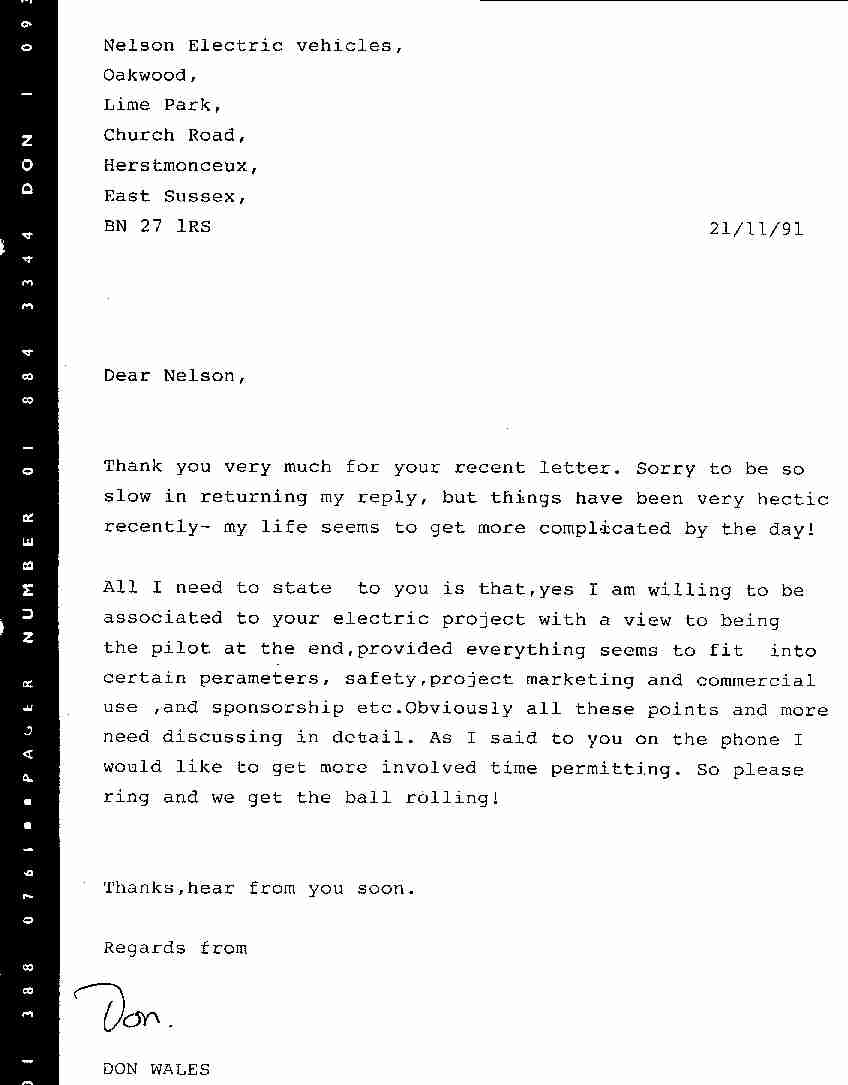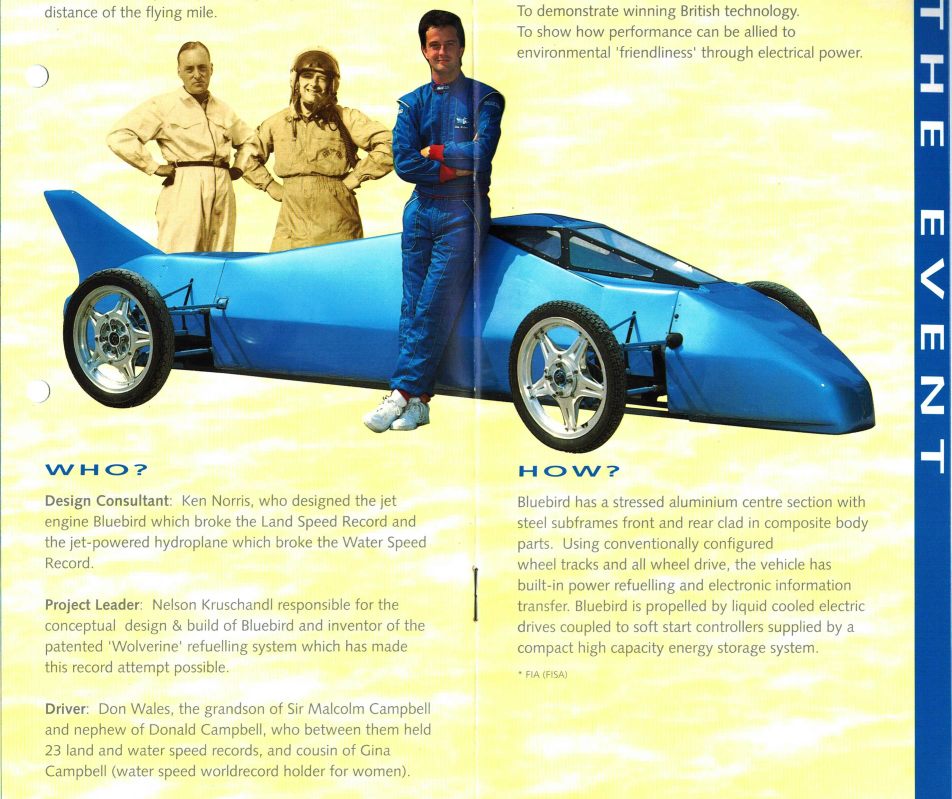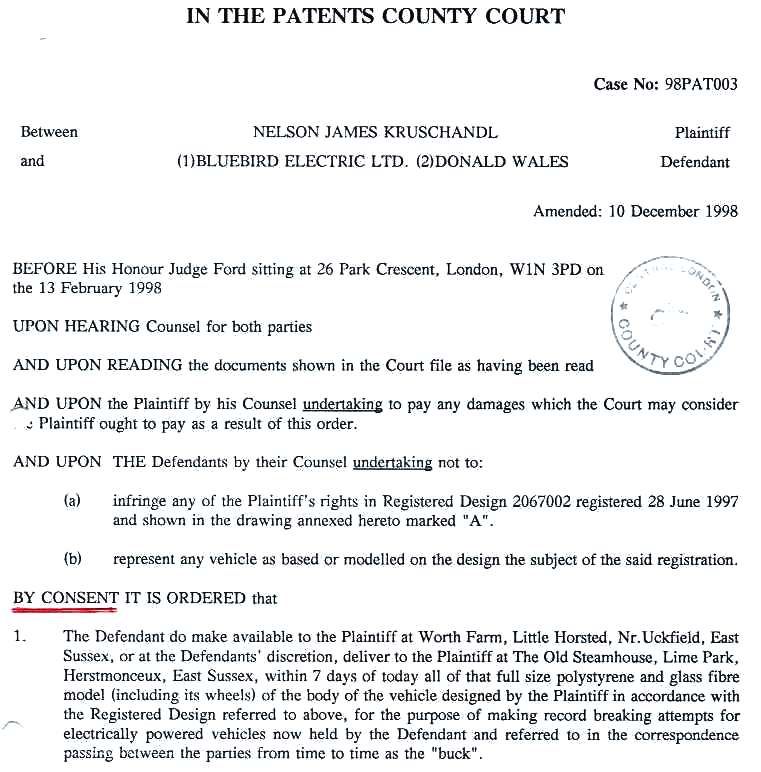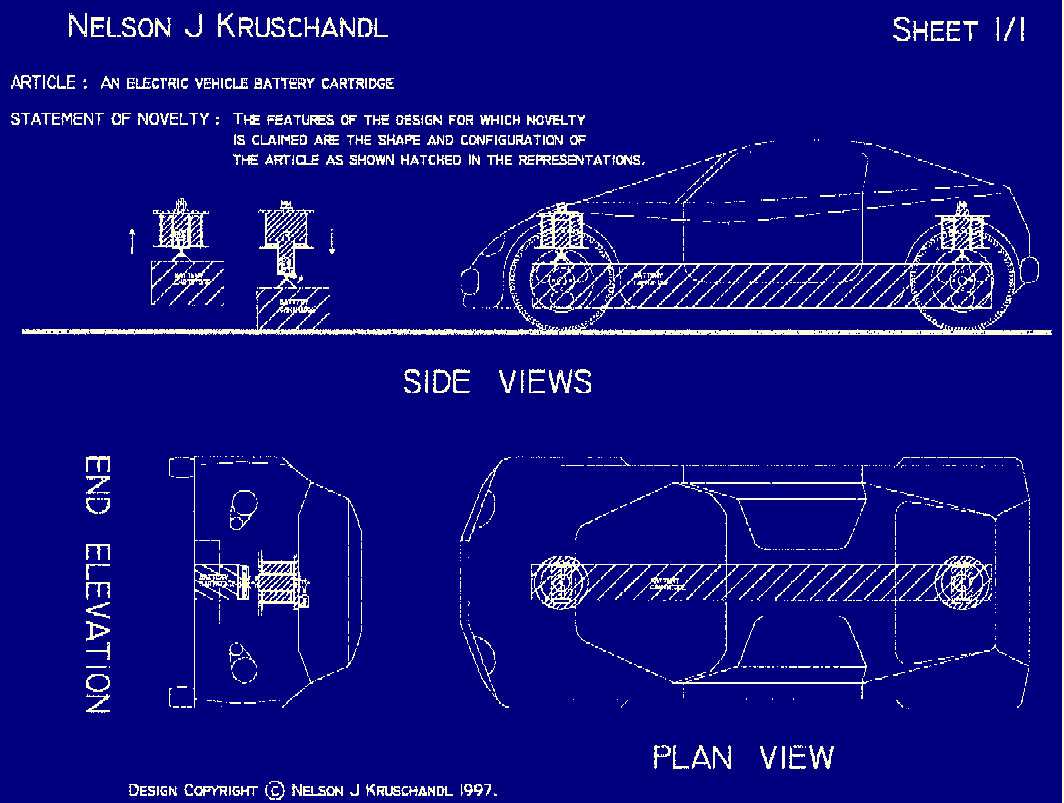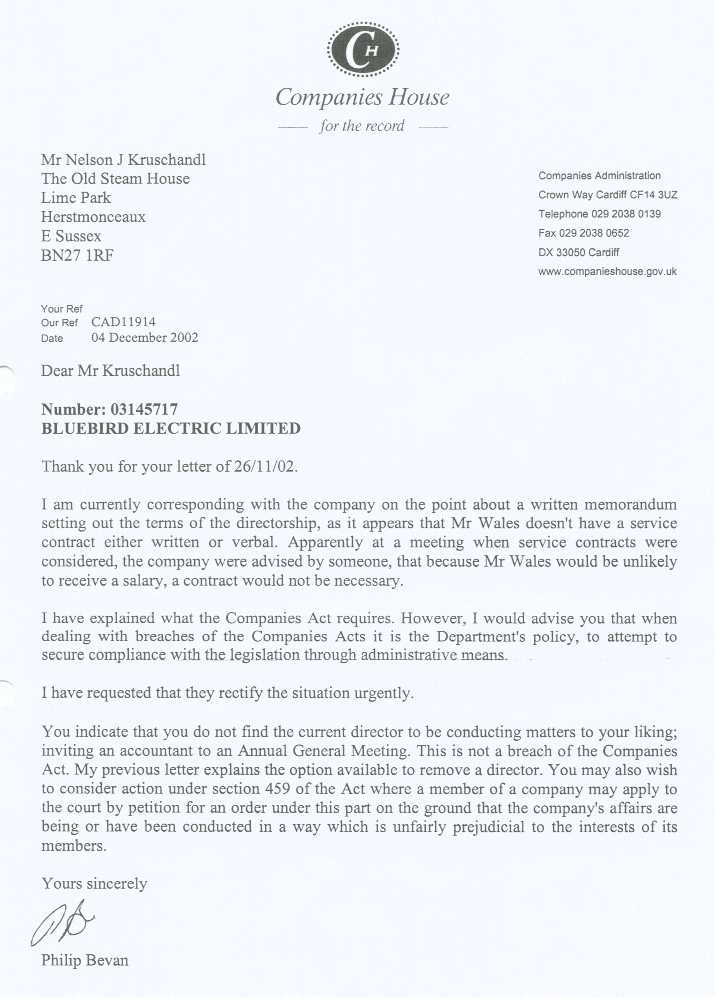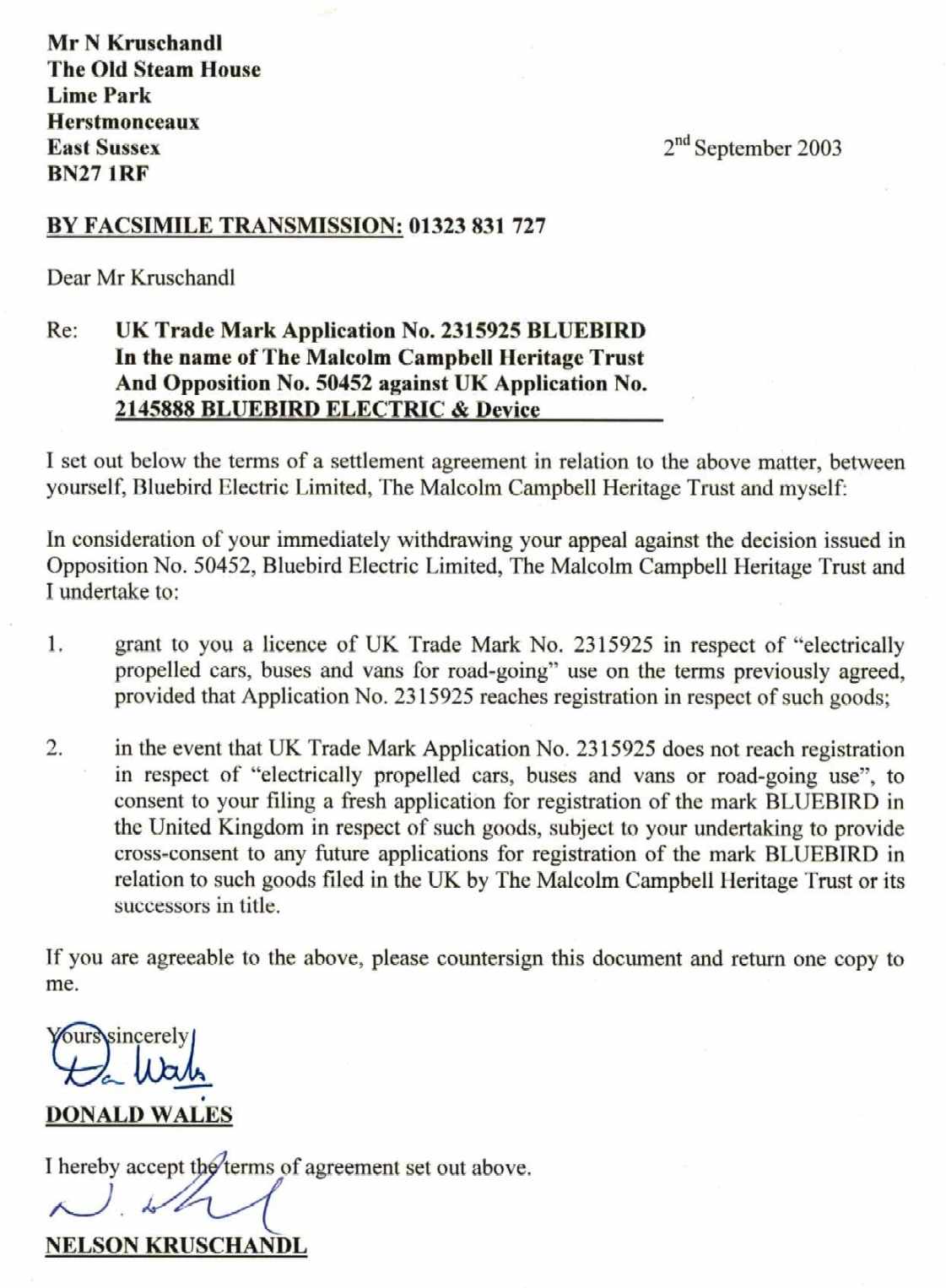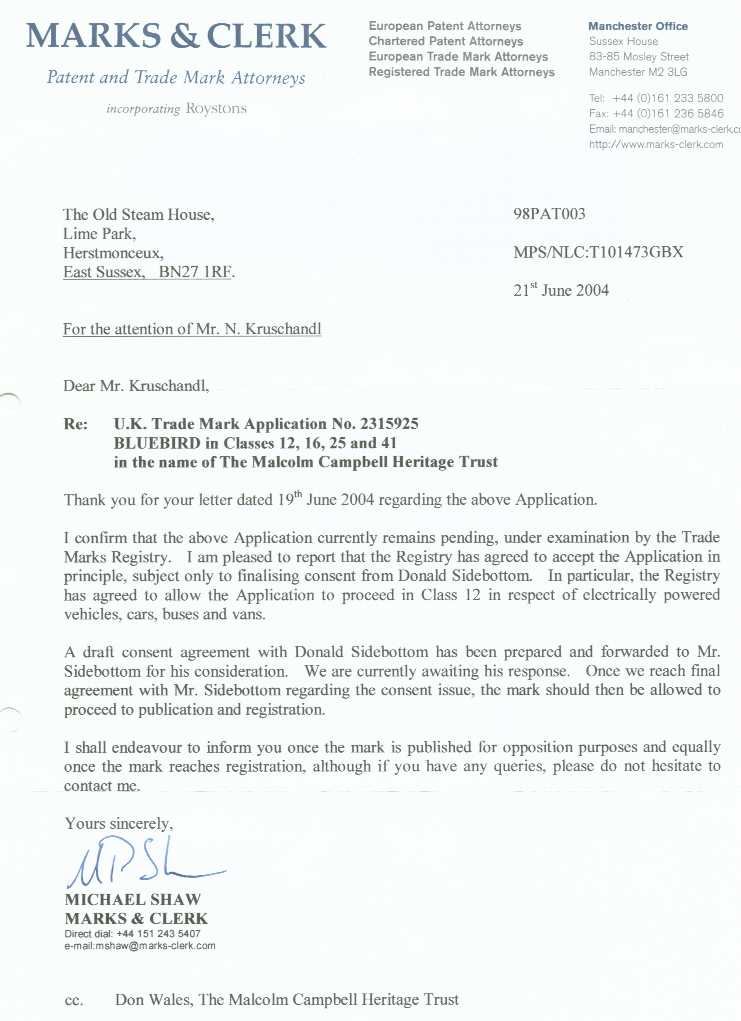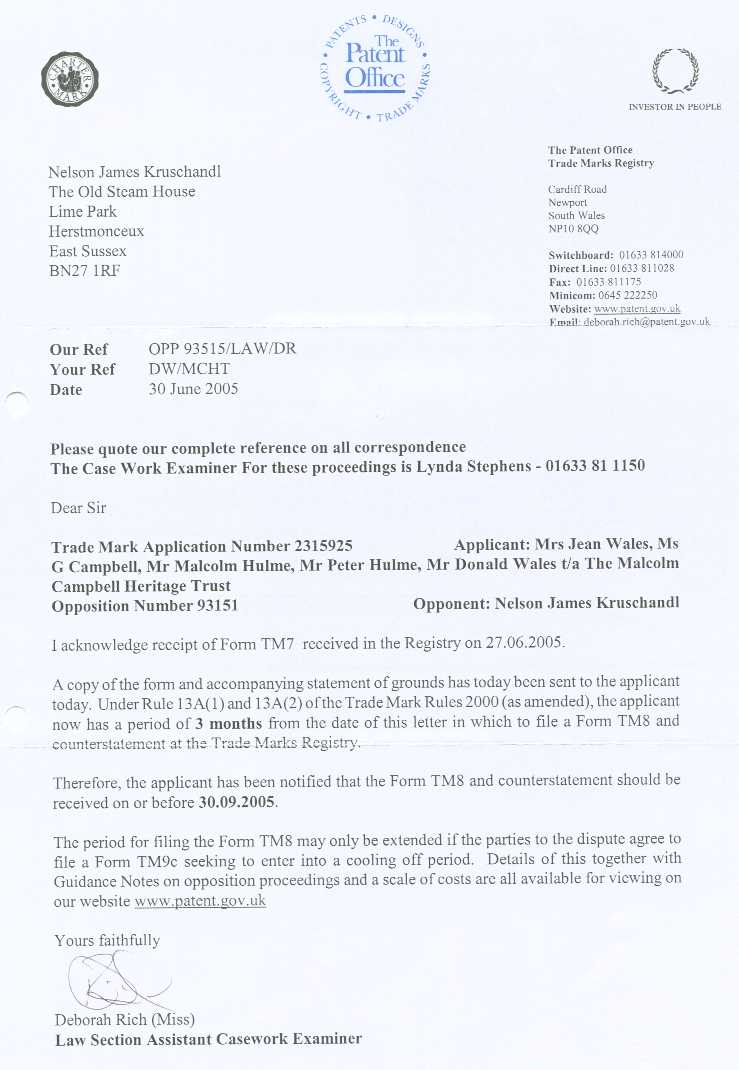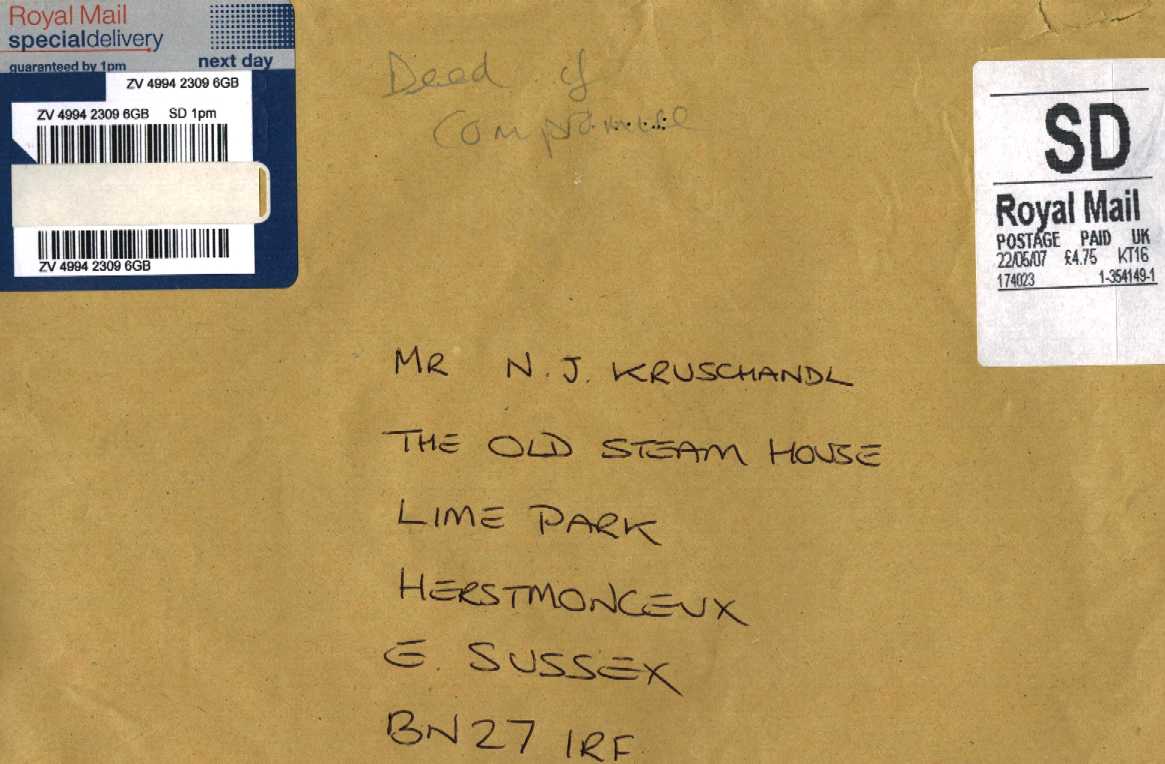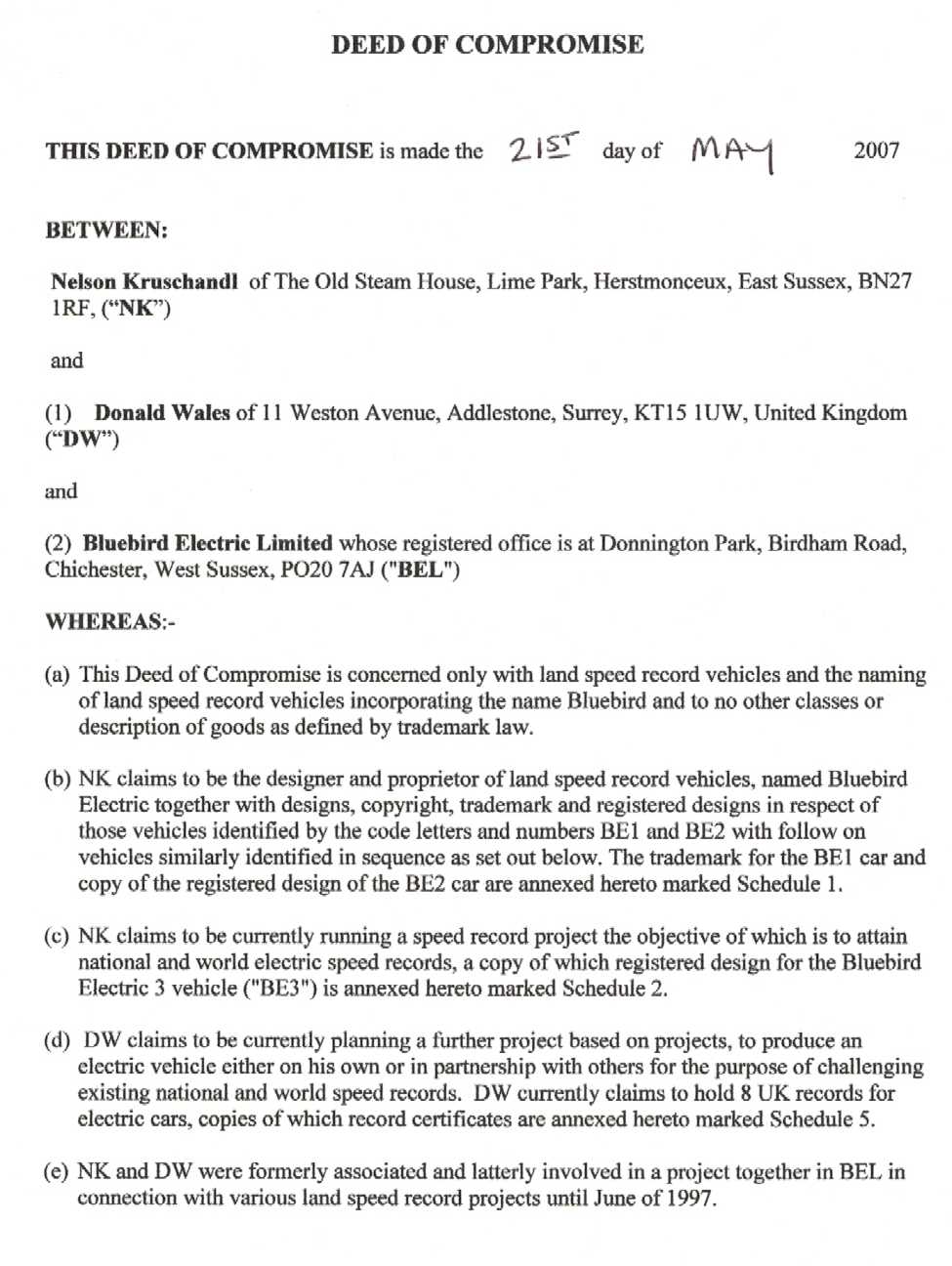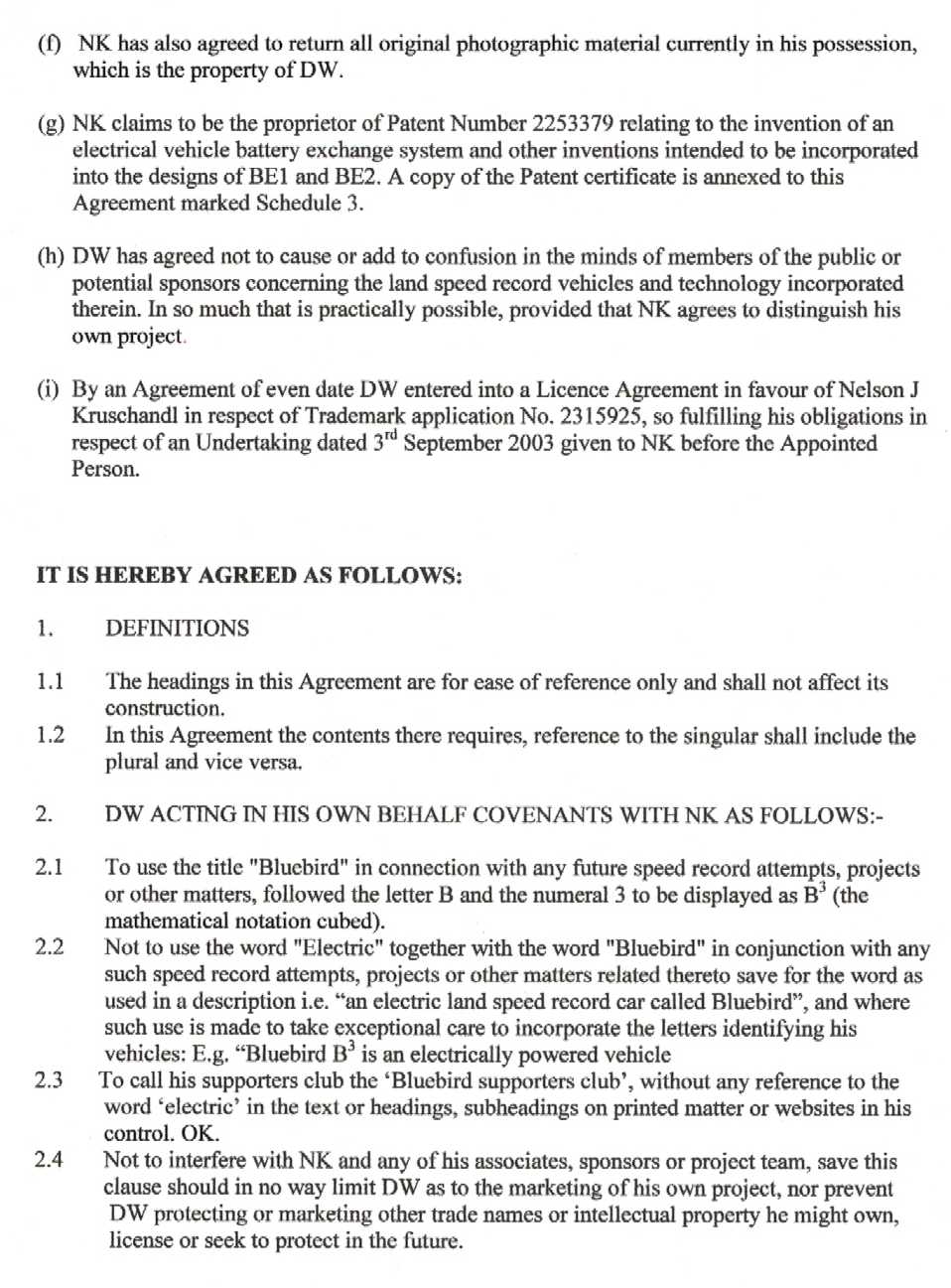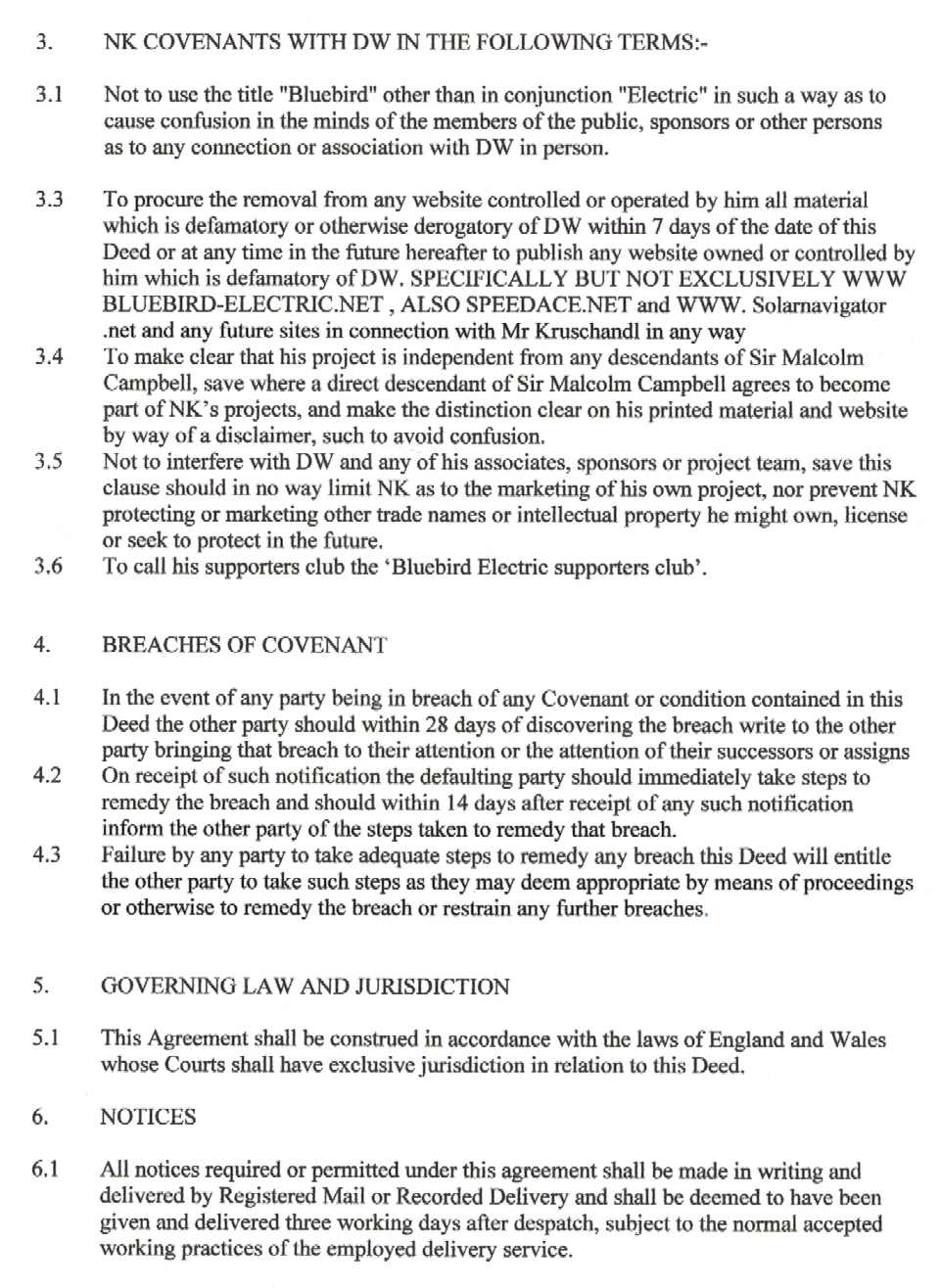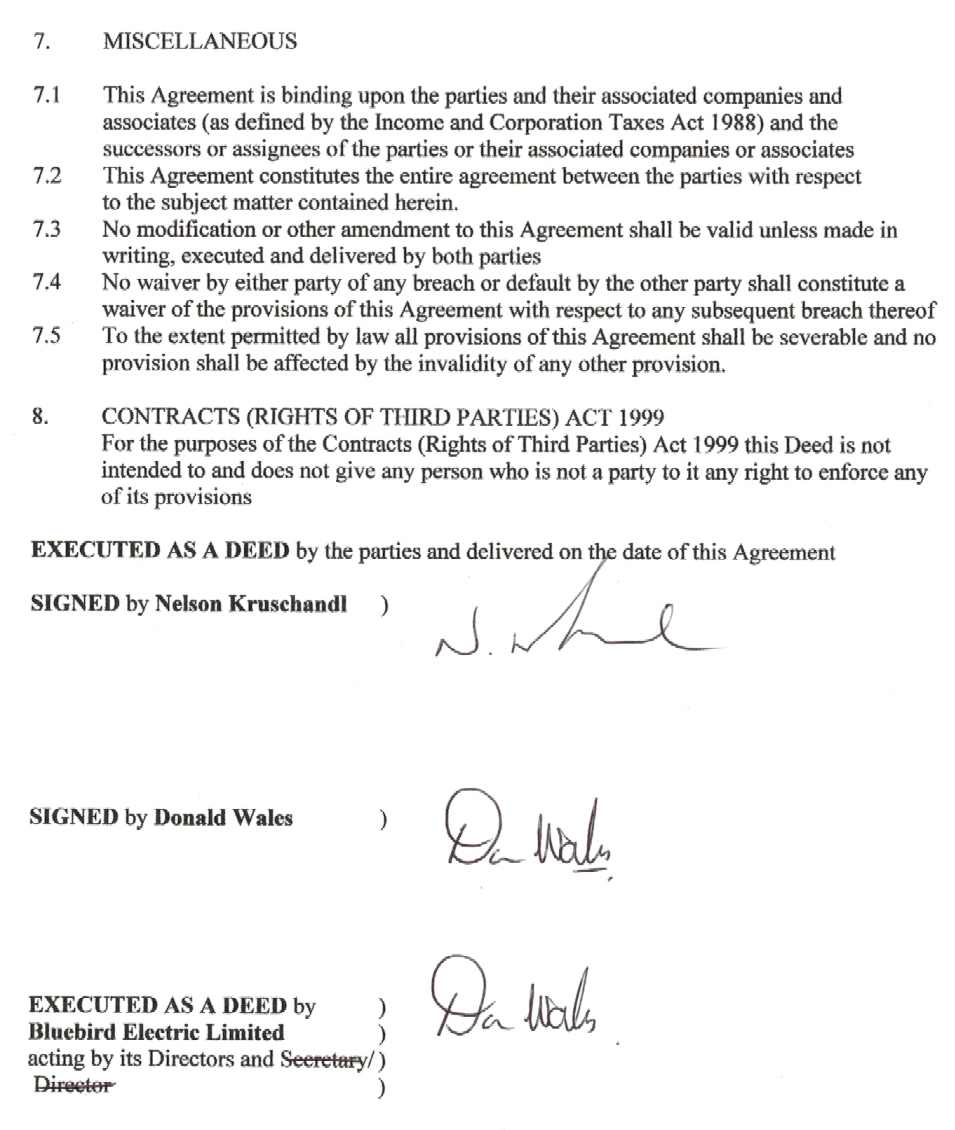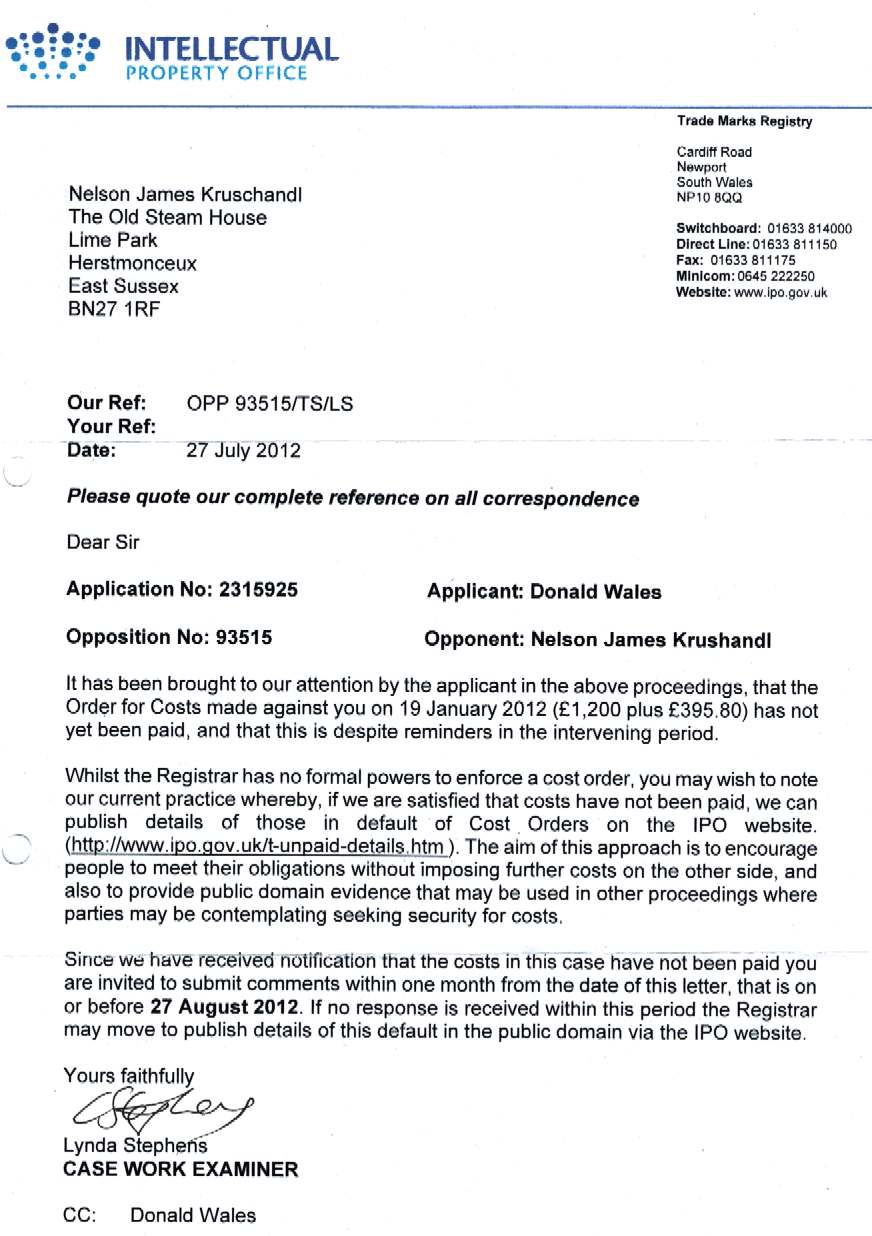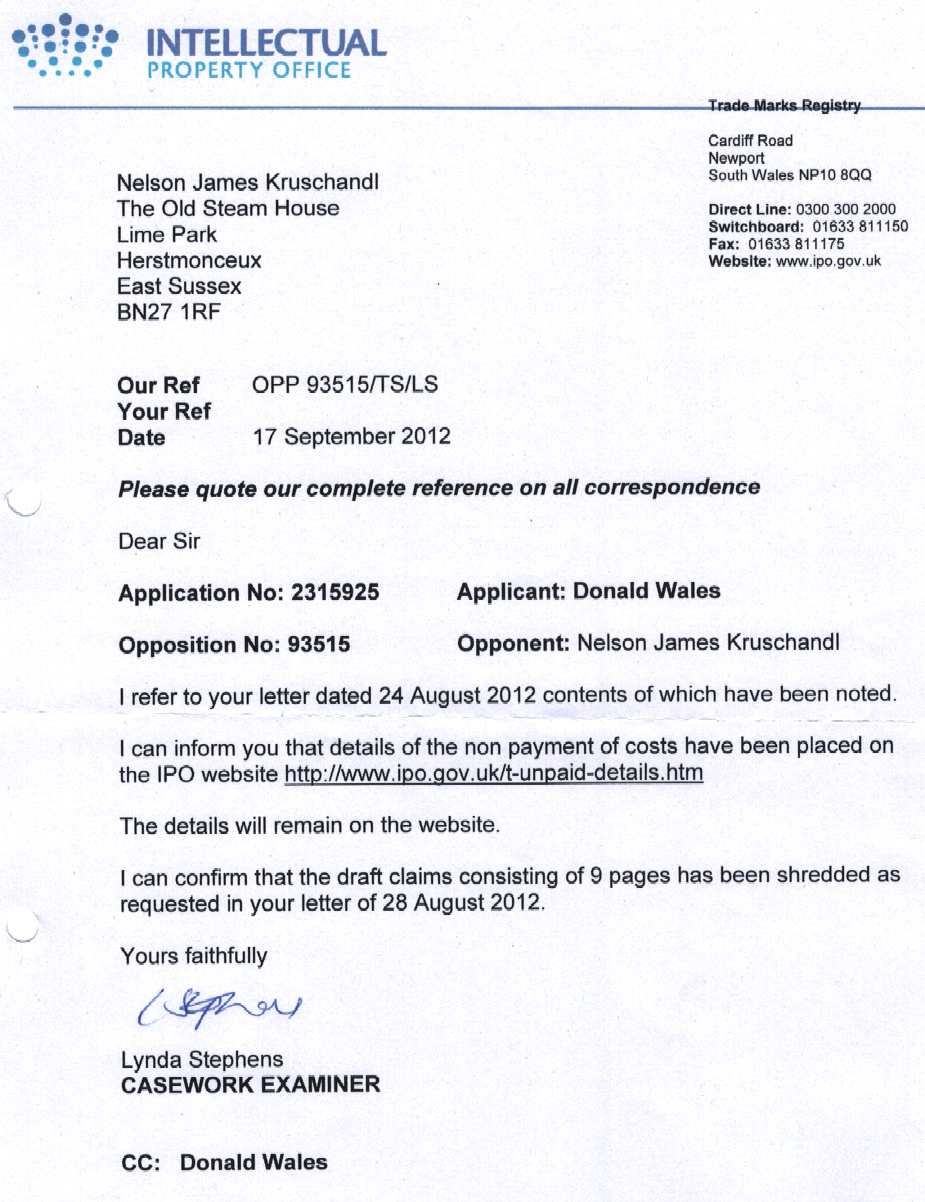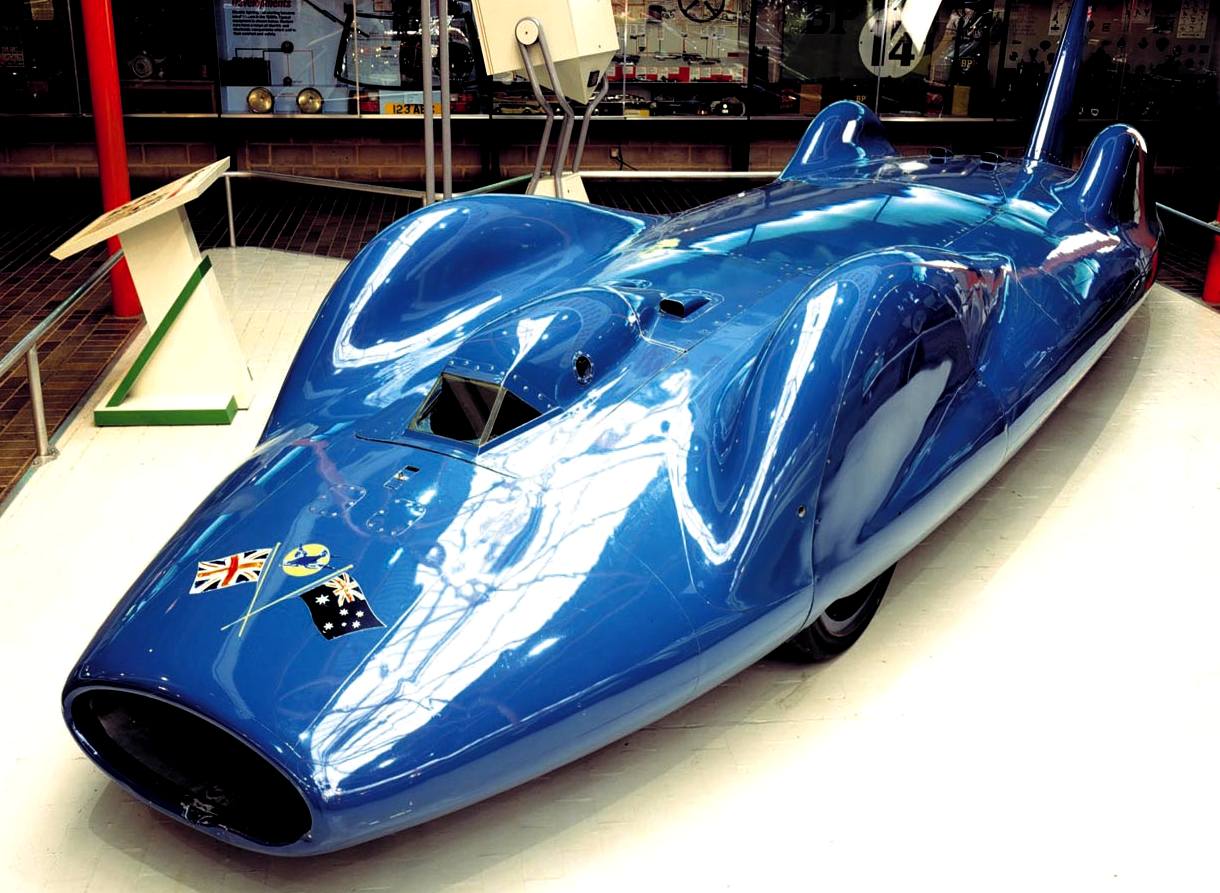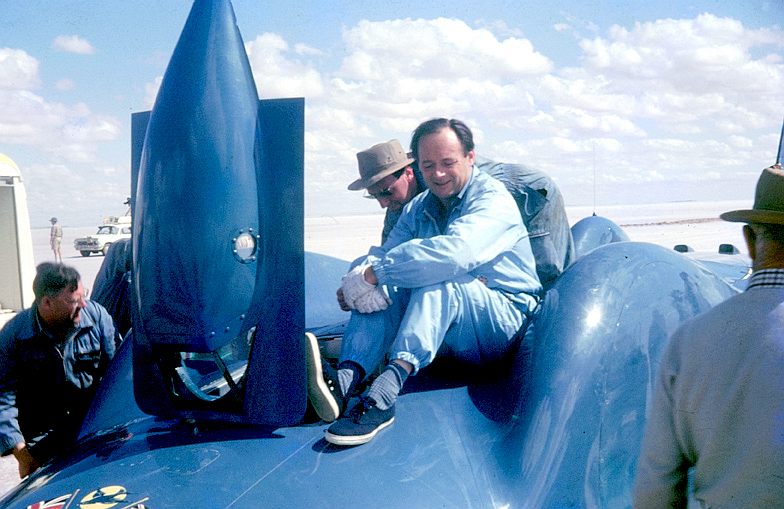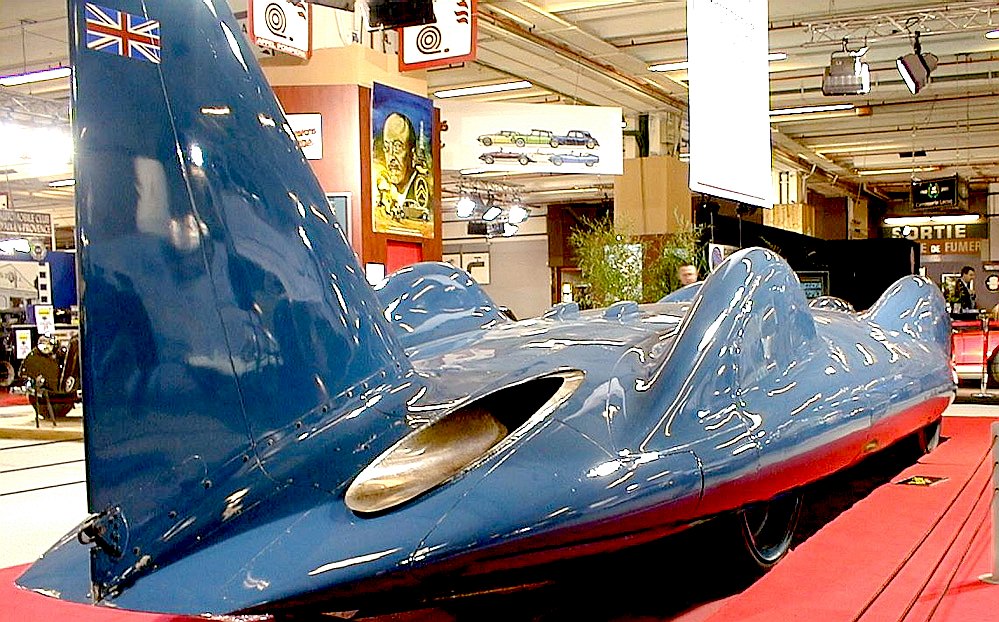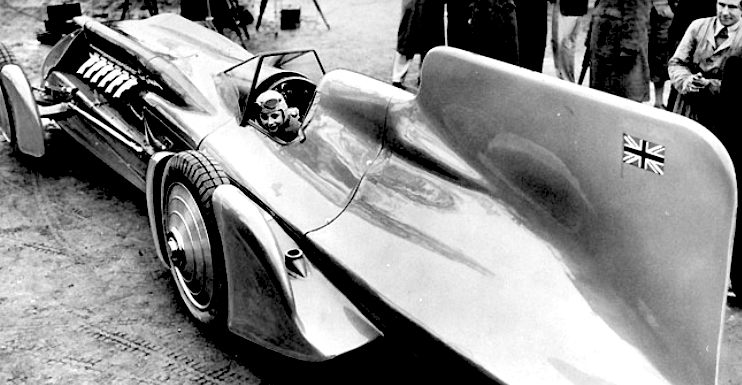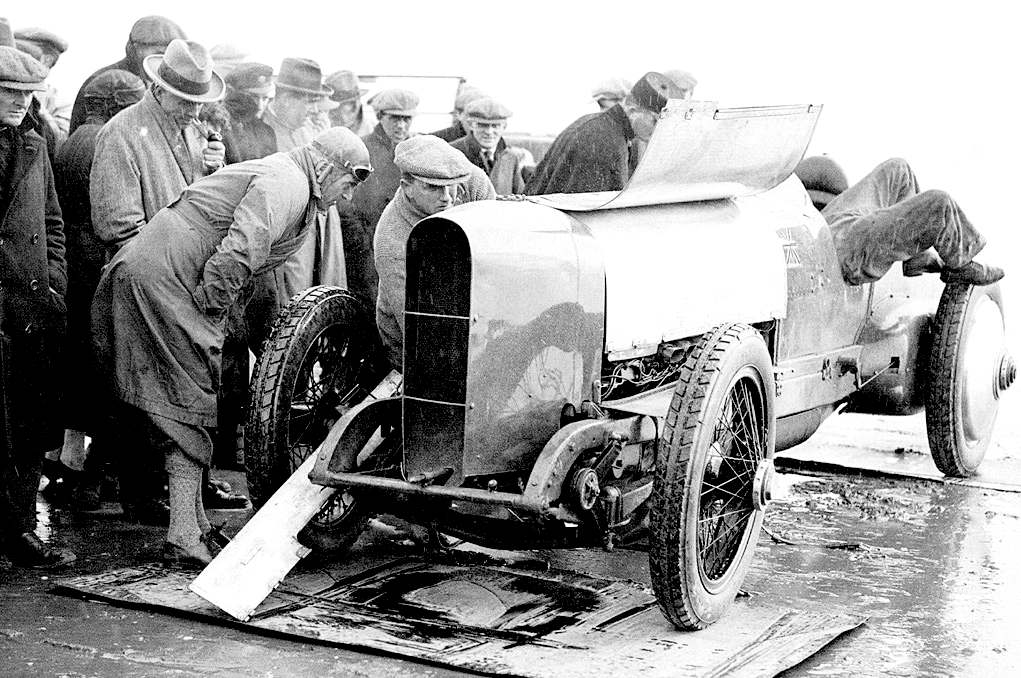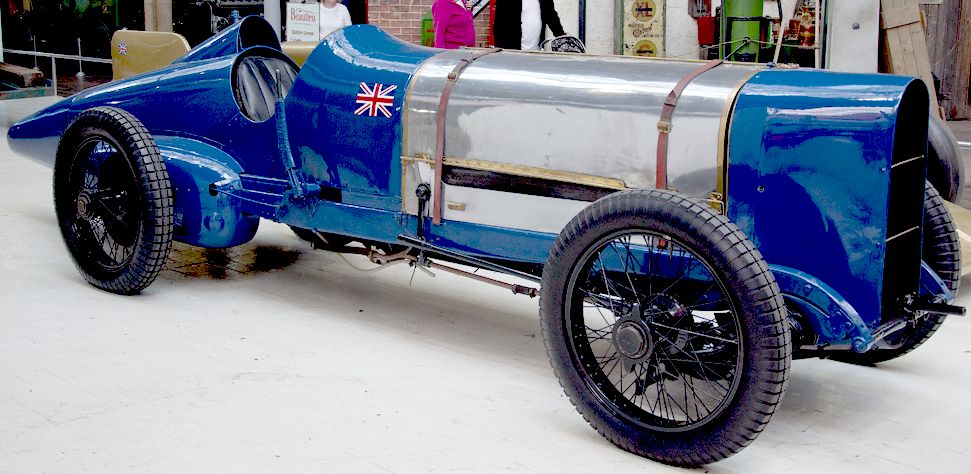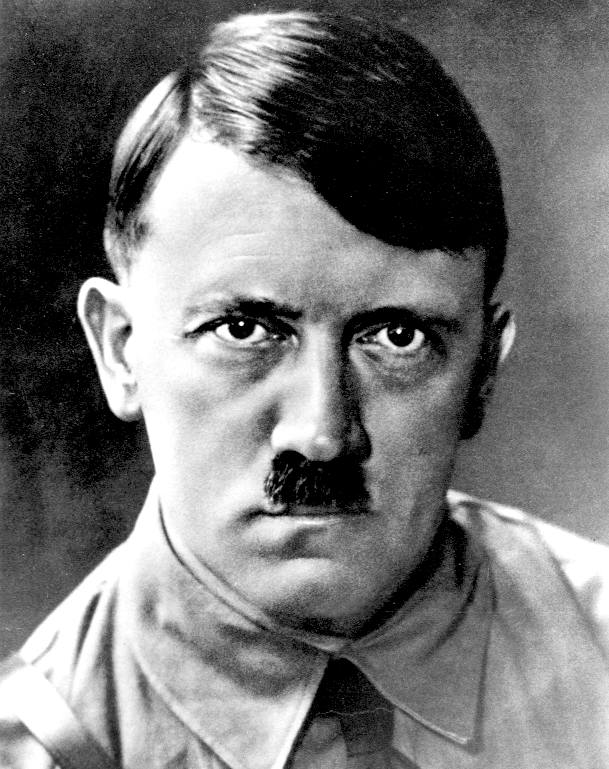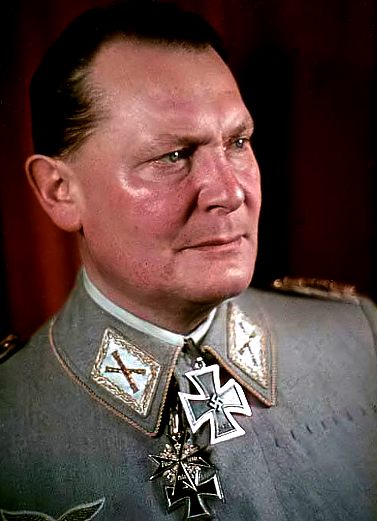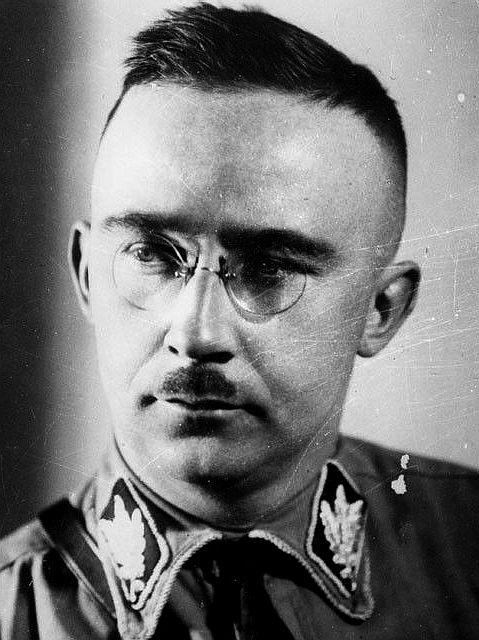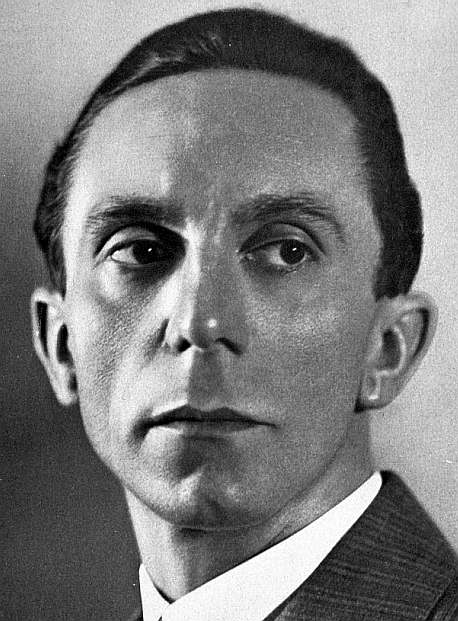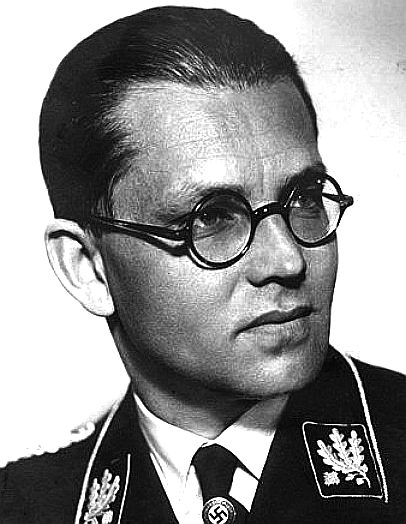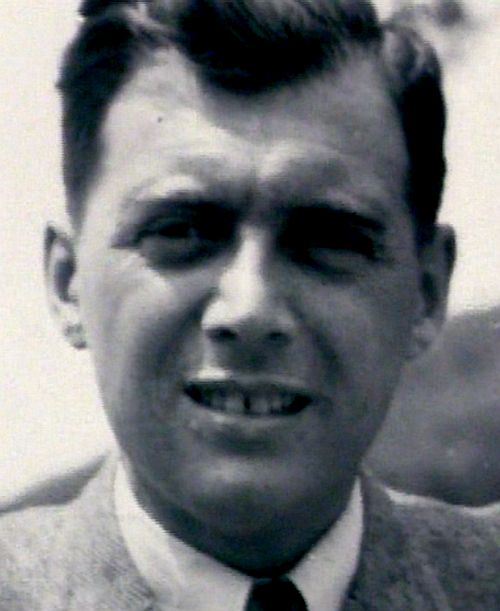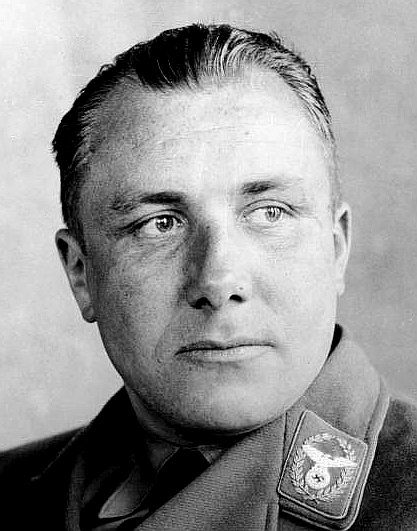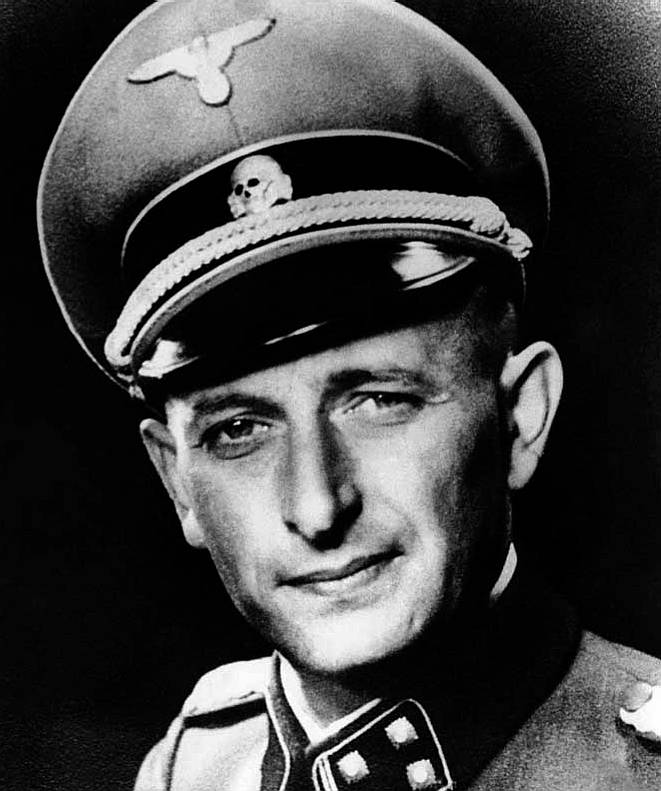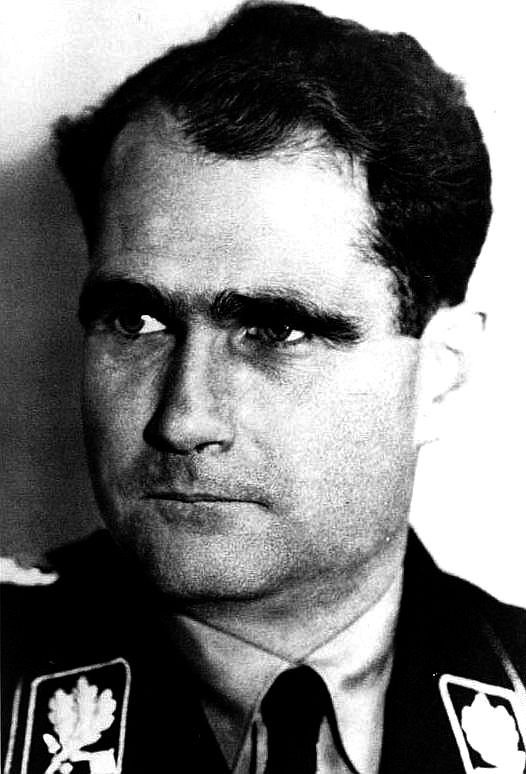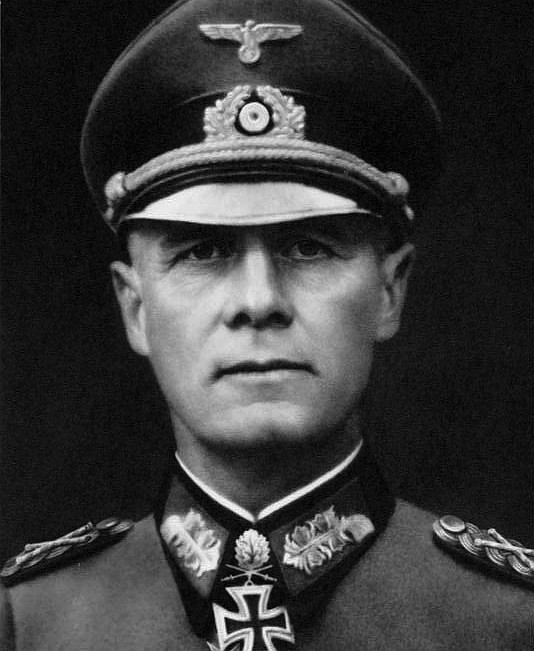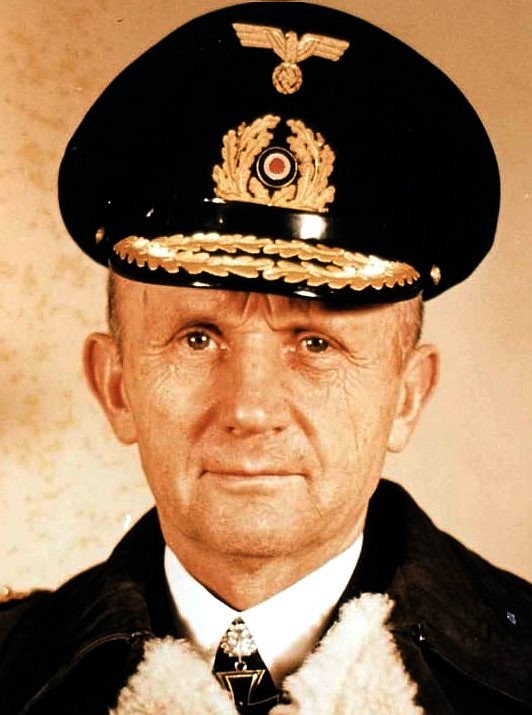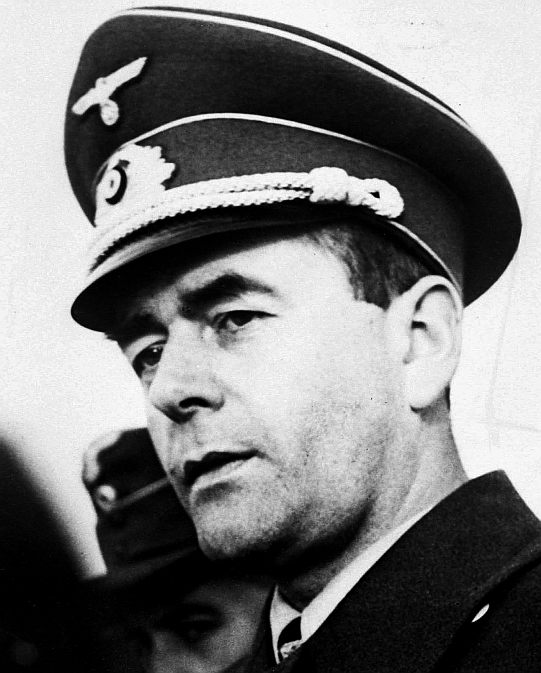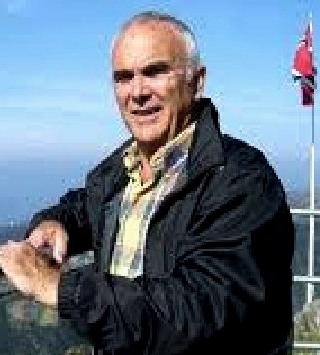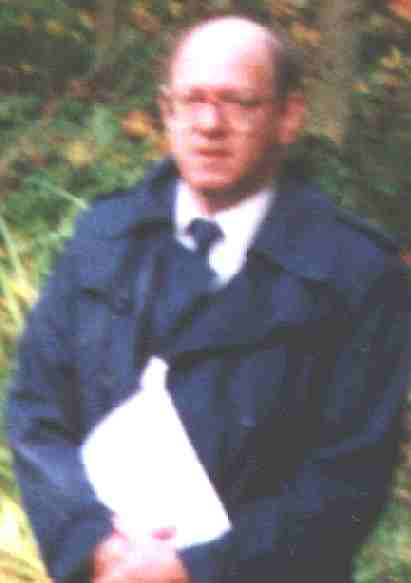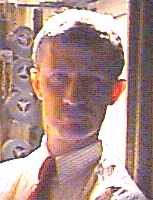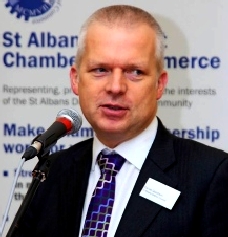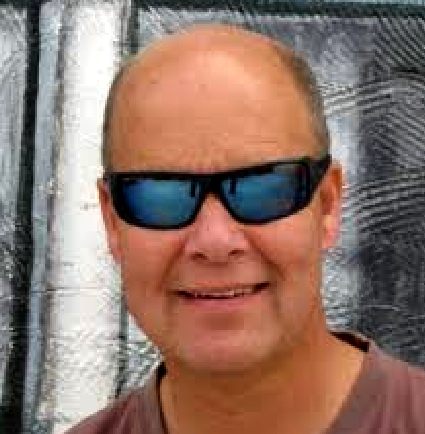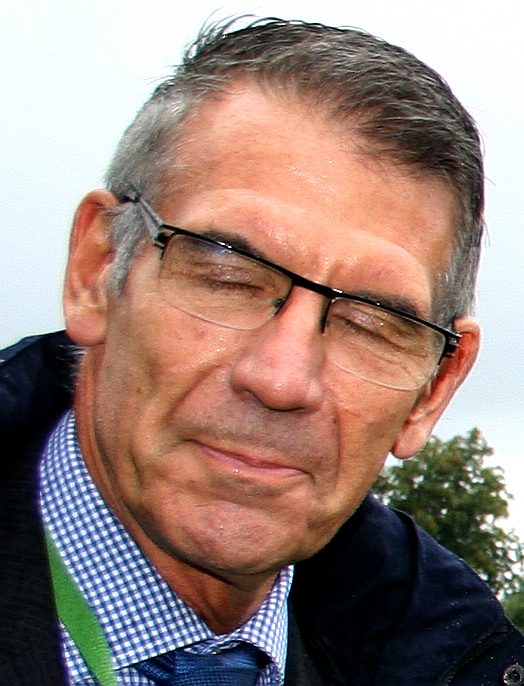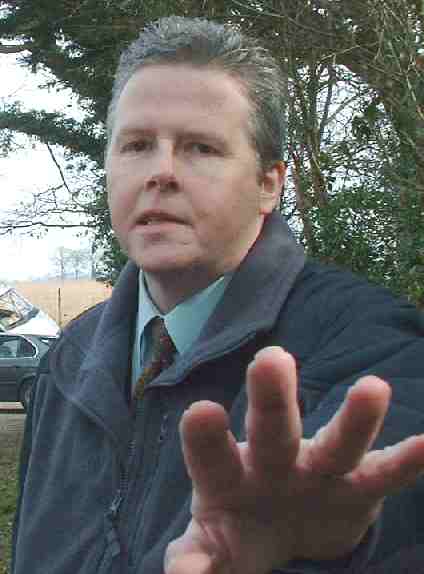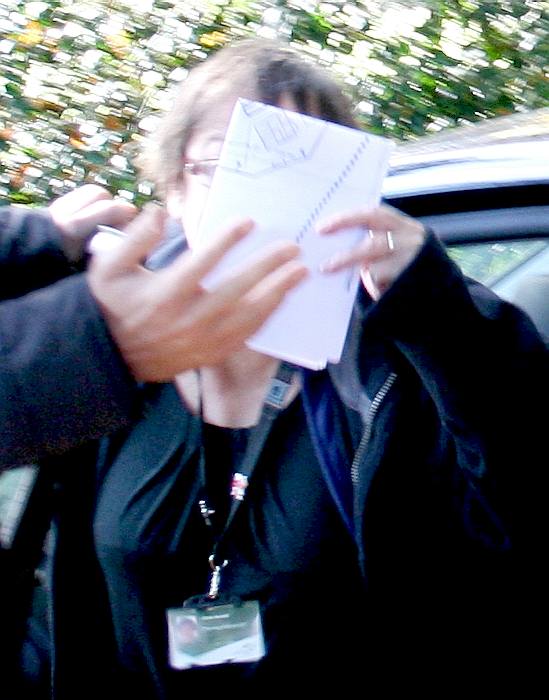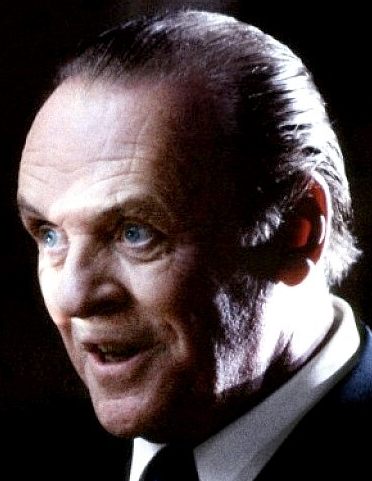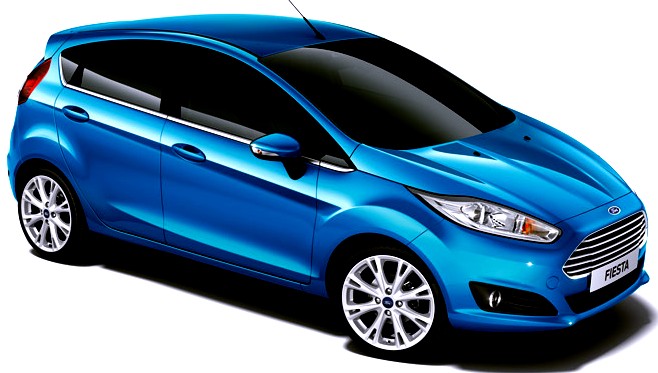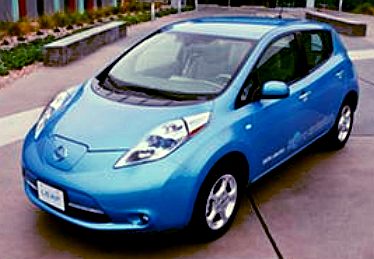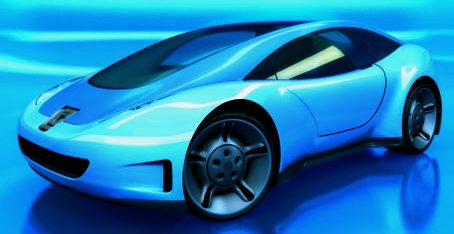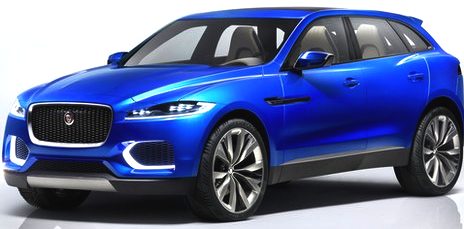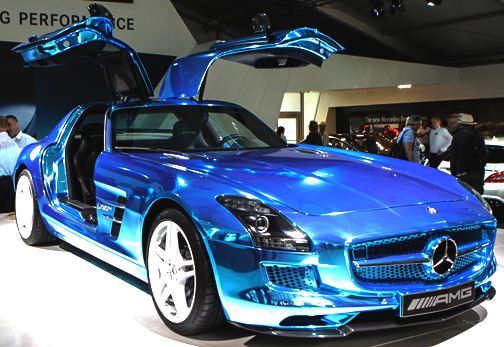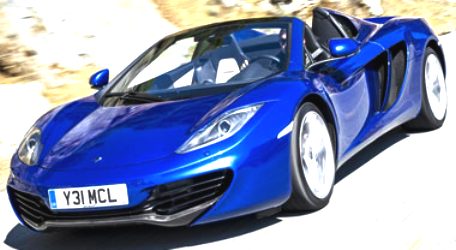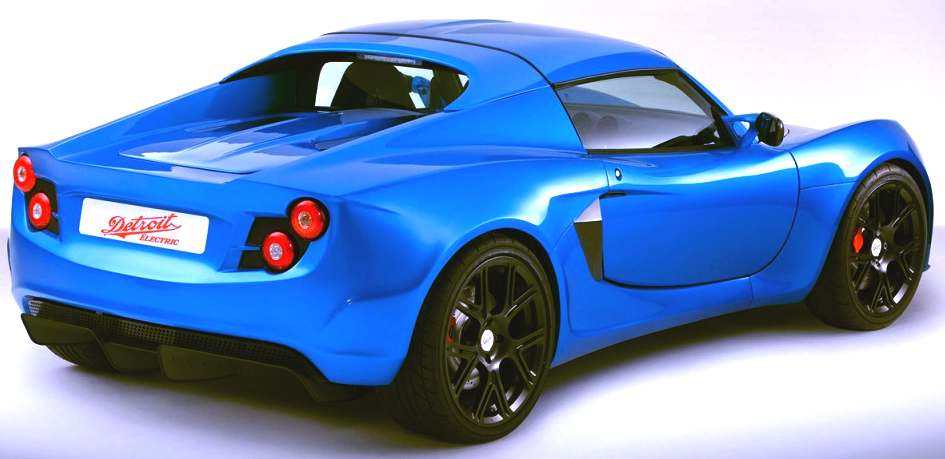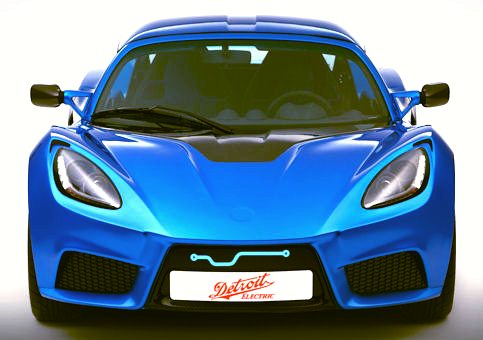|
DON WALES
|
|||||||||||||||||||||||||||||||
|
PRE-HISTORY
It appears from the files that this is a long running story, beginning in 1991, when Mr Wales agreed to pilot a car that Nelson Kruschandl had designed, which incorporated his patent refueling technology. This was Kruschandl's first electric car and it was called "Bluebird-9-Electric," or BE1. The letter below dated 21-11-91 confirms acceptance of that proposed by Mr Kruschandl by the recipient Mr Wales. At this stage Kruschandl was funding the Bluebird project entirely from his own pocket in catapult fashion.
Don Wales confirmed that he was more than happy to work for Nelson on this project as he saw it as a self-promotion opportunity.
PRESS
The stunning designs of the Inventor soon captured the imagination of the media, taking Wales as an unknown in Land Speed Record terms and placing him behind the wheel of the proposed BE1, a four wheel drive 200mph machine.
Press coverage was secured in several national newspapers as the result of PR on the part of Kruschandl and Nicholls PR, who was at the time representing Kruschandl. Well placed photographs of Kruschandl's BE1 car in the motoring press and the Telegraph newspaper, soon attracted sponsors, later boosted on the basis of a faster 300mph design called the BE2.
Kruschandl was already out of pocket substantially in building the BE1, all riding on sponsorship being obtained. On the promise of repayment at an agreed rate of remuneration, not unlike the arrangement between Ken Norris and Donald Campbell in the 1960s.
This is the car that started the ball rolling. It was designed and built by Nelson Kruschandl, complete with energy cartridge exchange built in. It is alleged that ever since signing to the project, Wales had been working to take over, and portray the idea for attempting the electric car record as his, rather than the inventors.
It is alleged that Don Wales took in the money from sponsors raised on Kruschandl's designs, but then refused to settle agreed sums. Kruschandl confirms that he was never paid for his work by Don Wales or Bluebird Electric Ltd. He claims to have been cheated out of about £62,000 pounds around 1998/99, and say he has a tape recording and transcript of a meeting with himself and Wales at Spofforth's offices in Chichester, to prove it.
After a presentation to Conran Holdings in London, Kruschandl agreed to shelve the BE1 and built a full-size wooden buck and made a mould, which was painted to represent the finished BE2 car. The BE2 soon attracted additional sponsors, but it is alleged that Wales refused to settle agreed sums of remuneration, or any part thereof.
It is alleged that Wales took the money raised on the original BE1 and BE2 designs of Kruschandl and used that money to build a third design, a converted Formula Ford, which was incapable of taking the World record that the team had contracted with sponsors to attempt. Kruschandl, alleges that the actions of Wales was putting him in a position of Breach of Contract with sponsors and undermining his intellectual property, consisting of a Patent and design rights.
Kruschandl says that he was forced to obtain an Injunction in the London Patent Court, where the Formula Ford conversion did not have his refueling system, but was being advertised in such manner as to cause confusion in the minds of the public. Such confusion is called 'passing-off'.
CONSENT ORDER
A Consent Order is an Order where both sides agree issues. It is therefore more binding than any other kind of Order. An Order by Consent is not like an ordinary Order, in that it may not be challenged. You can see from the wording of the Order above that passing-off was the issue at hand, as in Wales agreeing not to " (b) represent any vehicle as based or modelled on the design the subject of the said registration."
The Registered Design referred to is that of the original BE2. An electrically propelled car painted blue and known as the Bluebird Electric 2. Kruschandl alleges that this Injunction would have prevented Wales (1st Defendant) or the company Bluebird Electric Limited (2nd Defendant), from applying for a trademark in person.
Another car based on the BE1 (hence BE2) design is the Tomcat DC50 seen below, also a Registered Design item from 1997. This is a performance sports car featuring the instant refueling system by cartridges, which refueling system is known by the trade name 'Bluebird' and a blue colored bird in flight logo. We think you may agree that this electric sports car came before any sports car from Mr Wales and that it was the original concept of the Design Registrant - otherwise registration could not have been accepted as original. The Tomcat DC50 (direct current) is not that dissimilar to another sports car announced in 2013, which it appears was to carry the Bluebird name.
Let us hope that the new Bluebird sports car does not have EV instant refuelling, or that may trigger yet more trade mark, or possibly passing-off / breach of injunction litigation.
Returning to the Land Speed Record matter, it is alleged that Wales denied that cars subsequent to 1998, that he was racing, called 'Bluebird Electric' were anything to do with him, but rather another company and he had just been invited to drive. As a director of Bluebird Electric Limited, Wales' fiduciary duty as a driver was to Bluebird Electric Limited. Kruschandl alleges that there should have been a service contract to this effect. The letter below from Companies House dated 4-12-2002, advises that Companies House had requested that Bluebird Electric Limited remedy that situation urgently. The car that Wales denied having any hand in producing was raced not only by himself, but also by his son Joe Wales in 2011. This is a matter of fact as may be seen in many newspaper articles in 2011.
MALCOLM CAMPBELL HERITAGE TRUST APPLICATION 6 NOVEMBER 2002 No: 2315925
The Malcolm Campbell Heritage Trust applied for the mark 'Bluebird' for high speed racing vehicles on 6-11-2002. This application could not proceed due to an Appeal against a decision in Opposition proceedings No: 50452 (App. 2145888). The earlier Application on the part of the Opponent taking precedence. At this stage the existence of the Injunction shown above from December 1998, was not an issue, because Application 2315925 had not been filed in the name of Don Wales.
LICENCE UNDERTAKING
It appears from the above that Don Wales, acting for The Malcolm Campbell Heritage Trust, Undertook to provide a Licence to Nelson Kruschandl, on terms previously agreed. It is alleged that there were no terms agreed previously, save that Kruschandl should withdraw his Appeal in opposition number 50452, which he did, meaning that the Licence terms were unconditional from the point of Kruschandl withdrawing his Appeal. It is alleged that there followed a series of communications where Marks & Clerk sought to negotiate additional terms for The Malcolm Campbell Heritage Trust (MCHT). Why we ask, if terms had been agreed and the Appeal withdrawn?
Unfortunately, some two years later there was no sign of the promised Licence from the MCHT and time was running out. This is a tactic used by many IP firms. They seek to run you out of time for lodging either appeal or opposition, knowing that your state granted right to Opposition is then gone.
LODGE OF FRESH OPPOSITION
A fresh Opposition was duly lodged, on the basis of a letter confirming withdrawal once a Licence was forthcoming from the MCHT. The Opposition was to preserve the status quo in the event that the MCHT failed to perform - as was the case at the time.
The cooling off period was used to continue negotiations which finally led to an Agreement between parties to provide Kruschandl a Trademark Licence and extend the cover of the original application, to include goods that Kruschandl wished additional cover for as to the manufacture of electric cars, presumably for use with his Tomcat DC50.
The letter below dated 21-6-2004 form Marks & Cleark appears to confirm that additional goods were added at Kruschandl's request, and the letter dated 30-6-2005 from the Patent Office confirms when Form TM7 was lodged. It is noted that these letters were not available to Kruschandl at that time.
It is alleged by Kruschandl that The MCHT not only failed to perform, but put themselves in a position where they could no longer perform, in that the MCHT transferred ownership of Trust property to one Trustee for is personal use. That Trustee was Don Wales.
TRADE
MARK OPPOSITION
...
Email from Marks & Clerk to Mr Kruschandl 6 November 2006
Following this email, Don Wales sent the Private 'Deed of Compromise' by special delivery number ZV 4994 2309 6GB to Mr Kruschandl, duly signed. This is the envelope that the document was received in. The handwriting is clearly that of Donald Wales, as anyone who knows his writing will attest to. Kruschandl was not consulted about the transfer and would not have agreed to the transfer of ownership without being notified well in advance and thereafter re-negotiating key issues. He alleges that transferring the ownership from the protection of the Malcolm Campbell Heritage Trust, would be bound to cause him difficulties.
The following are 4 scans of the 4 pages of the document that Mr Wales returned to Mr Kruschandl, and please note the signature of Don Wales affixed at the appropriate places. So too that of Mr Kruschandl at the appropriate place. Kruschandl was unable to provide a copy of the signed document to Mr Hobbs, where Mr Wales had for some reason supplied the Court with an unsigned version of the same document, apparently leaving Mr Hobbs thinking that there was not a completed Deed and that perhaps the Opponent was mistaken about his evidence. Matters such as these are material considerations for any judge when making decisions. But Mr Hobbs should have know that with a Deed, once Mr Wales had posted the document, it was legal and binding and did not require a countersignature. Though, Mr Wales should perhaps have supplied copy of the countersigned document, if only to avoid such topic being discussed when the point was invalid.
Please note that the document below is headed as a Deed. A Deed is a special kind of Agreement that is more binding than most and need only be signed by one party, with a second party acting as a witness. All of that provided herein is evidence for the European or United Nations international Court in connection with the Opposition hearing that was not allowed. Thus the matter may be considered to be subjudice at the moment of publication, or at any time in the future, should litigation re-awaken. We are simply reporting the facts, not drawing any conclusion. Kruschandl's case is against the State, who he says breached his right to a fair hearing. Should Mr Wales disagree with anything on this page, he is welcome to say his piece and we will publish anything that he wants to add.
SPONSORSHIP
It is noted that at least two companies would appear to be supporting Mr Wales in his bid to field a Formula E team. The Bluebird GTL, Formula E car is sign written with the names 'Unipart' and 'Chris Ward.' Our apologies if this is not correct. We would be very much obliged if those companies might confirm the current position.
COUNTERCLAIM
The Opponent received a letter from the Intellectual Property Office dated the 27th of July 2012, whereby they confirm that the Applicant, Don Wales, has made it known that Costs in this matter were outstanding. See copy of the TM Registry's letter below, form which you will note that it is the practice of the TM Registry to publish details of the award and any comments. We agree that if these matters are to be made public, then both sides of the story should be told. If only one side of the story is told, that would not only be unfair, but also favour one of the opponents in a legal battle, which favoritism is of course blatant discrimination, which is prohibited under the provisions of Article 14, that in respect of Section 6 (HRA 1998), is unlawful in England; being a violation of the Opponent's Convention Right to be treated equally.
The Opponent replied to the Registry in a letter sent by Recorded Delivery dated the 28th of August 2012, copy of which is reproduced below. He pointed out that should they decide to publish anything at all, that they had a duty to publish in an unbiased fashion, or breach Articles 14 and (in respect of litigation to come) Article 6(1), the right to a fair hearing. You would imagine that having been reminded of their obligations under Article 14, that the Registry would either publish nothing, or all of the correspondence between the parties. Even the Press are bound by what is called fair and accurate reporting - which prohibits bias - sometimes known as dissembling. Dissembling is where only part of a story is told, that or those parts favoring one side of an argument.
In view of our invasion of Iraq and other indiscretions across the globe too many to mention, you may not be surprised to learn that the British Government (the TM Registry being an executive agency thereof) did not publish any of the Opponents reasoned arguments. To include claims for breaching use of the words "Bluebird" and "Electric" to describe his projects in 2011, when Mr Wales was bound by the terms of the Above Deed of Compromise dated 27th of May 2007. It is alleged by the Opponent that such breaches of contract (and/or trust) will attract claims of damages significantly more than the Costs Order the subject of these communications.
That being the case, it may be seen by some as being perverse to Order Costs, when such an Order has the potential to prejudice claims against Mr Wales for Breach of Contract, or in the case of the transfer of Trust property; Breach of Trust. The letter reproduced below dated the 17th of September 2012, from the TM Registry's Lynda Stephens, confirms the violation described above, and that the published details will "remain" on their website. We think the saying is Tit for Tat, and would remind the British Government about the Boston Tea Party.
It is only by challenging injustice that injustice may be repealed. Revolution is a means to cleanse a country of ingrained practices that violate the laws of natural justice. Revolution in this case must mean a challenge in the European Court of Human Rights against the perceived and ongoing violations of the Articles cited.
STRATEGIC LAWSUITS - SLAPP WIKIPEDIA
A strategic lawsuit against public participation (SLAPP) is a lawsuit that is intended to censor, intimidate, and silence critics by burdening them with the cost of a legal defense until they abandon their criticism or opposition.
Various abusive uses of this law including political libel (criticism of the political actions or views of others) have ceased to exist in most places, but persist in some jurisdictions (notably British Columbia and Ontario) where political views can be held as defamatory. A common feature of SLAPP suits is forum shopping, wherein plaintiffs find courts that are more favourable towards the claims to be brought than the court in which the defendant (or sometimes plaintiffs) live.
COSTS AWARD
The question that arises next from the above Wikipedia article is this: is the use of the [interim] costs awarded by the Appointed Person, a means for the Applicant to bargain with the Opponent as to the License from the Malcolm Campbell Heritage Trust? In this case it appears that the cost of obtaining the costs award is near equal to or exceeds the actual costs award. If that proves to be the case then the efforts by the Applicant to obtain the award may be seen to be strategic - rather than that there was a large legal bill that needed settling and that this was the only way of settling that bill.
Apparently, Mr Wales has written to Mr Kruschandl offering to waive the costs award in return for Mr Kruschandl waiving his right to the License he is owed by the Malcolm Campbell Heritage Trust. Mr Kruschandl says that he cannot do that, for that could lessen his eventual claim(s) in the UK, Europe or International Court of Justice, and that may not have escaped the attention of Marks & Clerk, who advised and handled the transfer from the MCHT to Don Wales in person - despite the existence of two very important Court Undertakings, which in the interests of balanced reporting, we reproduce herein to allow Mr Wales and/or Marks & Clerk the opportunity to comment if he/they so choose.
They have not done so in over six years, save the Donald Wales made an allegation to Sussex police that he must have known was false, given the documents reproduced on this page. That did not stop Sussex police from raiding premises, smashing doors down and confiscating documents some of which were never returned. Is not that called stealing Mr Giles York and was this raid not to order in pursuit of the real agenda that was to keep Mr Kruschandl at a disadvantage to allow Mr Wales to make hay while he could. Giles York is (or was) the Chief Constable, supported by Katy Bourne, a former dance instructor turned crime commissioner. Sussex police were the ones who murdered James Ashley in 1998 then tried to cover that up. In the end Paul Whitehouse was asked to resign by David Blunkett, no angel himself when it comes to Human Rights. See the Sexual Offences Act 2003. A British Act that says a person is guilty when entering a dock for trial, rather than: Innocent until proven guilty. And for that little Nazi like eugenics performance they knighted Lord Blunkett. Makes you wonder if we'd have been better off under Adolf Hitler? At least Adolf would only have shot you. Nice and quick. In the UK they torture you mercilessly for years on end, knowing that you have been buggered by the system and there's not much you can do about it.
This was the design that got Sir Terence Conran's taste buds drooling, followed by Bourne Leisure. Within a couple of months in just two presentations using his car designs, Kruschandl had raised £145,000 pounds. Looking at this vehicle, it's hardly surprising that backers flocked to get their names on the car. She is a beauty. What is sad, is that Wales should try to ditch the designer and then later claim Bluebird Electric, in any form or guise, was a Don Wales initiative, when, as alleged, it appears to be passing-off plain and simple. We wonder if Wales should have coughed up and why he didn't? We know that Wales had connections with a Wealden councillor and that Wealden were feeding documents to him - where Wealden were trying their best to hide the fact that they'd lied to Inspector Raymond Dannreuther about a historic building - and they wanted to bury any chance of that deception being discovered. Presumably, Wealden hoped that Wales would apply pressure to Kruschandl on one issue, while they applied pressure with their malicious enforcement vendetta. But surely, the council knew their lies would be revealed in due course? And why would Wales put a blot on his family's copy book, by refusing to pay Kruschandl. Was it because he thought that by keeping the designer without funds, that he would not be able to field one of his cars and drive himself? It's a theory. Howsoever, what is plain is that there was some kind of conspiracy in the matter. This was reported to Sussex police around 1998. In 1997, a Petition was referred to Sussex police, where 12 independent complaints against Wealden's officers were whitewashed. Clearly then, Sussex police were also party to the planning cover up. The irresistible conclusion shouts conspiracy. But you can join the dots for yourself. This has been alleged.
The CN7 designed by Ken Norris for Donald Campbell, Don Wales' uncle. This became the most famous bluebird, despite Sir Malcolm doing all he could to prevent his son from following in his footsteps.
Donald Campbell had money worries too, though, before his unfortunate demise in the K7 jet boat, he did manage to set land and water speed records in the same year. We wonder if DC would have paid Kruschandl. We know he defaulted on some deals. But forgive him, because he paid the ultimate price, in chasing his dreams.
The CN7 is on permanent loan from the Science Museum to the National Motor Museum at Beaulieu in Hampshire.
Donald Campbell sitting in the cockpit of his father's Rolls Royce V12 land speed record car: Napier/Railton.
This is the car that started the Bluebird series. Captain Malcolm Campbell is seen here on Pendine Sands, with his Sunbeam racer, hastily painted blue after the speed ace saw Maurice Maeterlinck's play: The Blue Bird of Happiness. We wonder if Malcolm Campbell would have paid Kruschandl. We know that he refused to pay Rolls Royce for an engine that he claimed did not perform as expected. But he did pay Ried Railton for his design work.
The Sunbeam Bluebird is on display at the National Motor Museum at Beaulieu. It occurs to us that Don Wales could have had a long and successful career setting ever faster electric land speed records, but that he did not appreciate the concept he'd agreed to represent as a driver, in 1991. That is a real pity, where in 2020, Britain is trying to attain zero carbon sustainability - and one way the country is working toward that goal, is with electric trucks, vans and cars. The energy cartridge exchange system gave any land speed record vehicle a significant weight advantage, that has still not been exploited during any LSR attempt.
FIGHTING DIRTY
The trouble with fighting dirty is that airing ones grimy laundry in public does no side any favours in the long run. We have now obtained copy of a transcript of an audio recording of the annual general meeting of Bluebird Electric Limited held in Chichester in the offices of Spofforths on the 28th of July 2000. It is alleged by Mr Kruschandl, that the first thing Mr Wales did when confronted with this transcript, was to threaten him should he publish it. The question is why would anyone threaten another person for simply revealing a verbatim copy of a conversation between two shareholders of a company at an AGM, unless there was something in that conversation that was a revelation in one measure or another.
WHO WE WERE FIGHTING AGAINST FROM 1939 TO 1945
WEALDEN'S OFFICERS FROM 1983 TO 2018
LINKS
http://www.nextgreencar.com/news/6264/Bluebird-to-officially-unveil-two-new-EVs http://www.telegraph.co.uk/motoring/news/10262211/Bluebird-reinvented-as-electric-coupe.html Billionaire bluebird electric powered vehicles mean and green http://www.billionaire.com/cars/250/bluebird-electricpowered-vehicles-mean-and-green http://www.ipo.gov.uk/types/tm/t-os/t-find/t-challenge-decision-results/o40011.pdf http://en.wikipedia.org/wiki/Strategic_lawsuit_against_public_participation http://www.ipo.gov.uk/types/tm/t-os/t-find/t-challenge-decision-results/o40011.pdf http://www.uncjin.org/Laws/prisrul.htm http://en.wikipedia.org/wiki/Deed Wikipedia - strategic_lawsuit_against_public_participation http://www.autoexpress.co.uk/car-news/64955/bluebird-launch-electric-dc50-sportscar Auto Express bluebird launch electric dc50 sports car http://www.classicdriver.com/en/article/autos/electric-blue-50-electric-bluebird-sports-cars-go-sale Classic Driver 50 electric bluebird sports cars go sale Car Magazine Bluebird DC50 electric tribute to Land Speed Record legend http://www.evo.co.uk/news/evonews/290290/bluebird_dc50_sports_car_and_electric_racer_announced.html http://www.evo.co.uk bluebird_dc50_sports_car_and_electric_racer_announced http://www.aldnews.co.uk/eInsight/index.php/ald-article-list/5020-bluebird-name-returns-on-electric-sports-car http://www.autoblog.com bluebird to launch electric sports and race cars http://www.autoblog.com/2013/07/08/bluebird-to-launch-electric-sports-and-race-cars/ http://www.aldnews.co.uk bluebird name returns on electric sports car http://www.bbc.com/autos/story/20130806-bluebird-recharged http://www.bbc.com bluebird recharged http://cars.uk.msn.com new bluebird british electric sports car http://cars.uk.msn.com/news/new-bluebird-british-electric-sports-car http://cars.uk.msn.com delta motorsport e 4 coupe review http://cars.uk.msn.com/reviews/delta-motorsport-e-4-coup%C3%A9-review http://www.autocar.co.uk/car-news/new-cars/bluebird-reveal-sports-car-and-electric-racer-september http://www.autocar.co.uk/car-news/new-cars/bluebird-reveal-sports-car-and-electric-racer-september Autovolt Magazine new bluebird electric and formula e cars http://www.topspeed.com/cars/others/2014-bluebird-dc50-ar159226.html http://www.autovolt-magazine.com/2013/07/new-bluebird-electric-and-formula-e-cars/ Car Scoops bluebird goes from land speed records http://www.carscoops.com/2013/07/bluebird-goes-from-land-speed-records.html Bluebird reinvented electric coupe Elettrica Bluebird esordio sorpresa Motoexpo Beaulieu Next Green Car Bluebird to unveil two new EVs http://cleantechnica.com/2013/08/28/bluebird-electric-supercar-coming-next-month/ Clean Technica Bluebird electric supercar coming next month
Blue is a very popular color for cars at the moment as you may agree from this small sample of the market. These are some nicely finished cars, all of which are production models (or limited production designs), save for the MCV6 electric concept car (2nd row). It is a little known fact that certain shades of blue attract common English flies. Why that might be is unknown. It could be paint formulation, or it could be something to do with the light spectrum. If you have any scientific evidence in support of any theory, we'd appreciate a heads up. Take care then when deciding to paint a car blue, that you use a pantone that is more an insect repellent. Modern production cars use metallic, chrome effect and pearlescent paints that do not appear to suffer the dilemma.
|
|||||||||||||||||||||||||||||||
FAIR USE NOTICE
This site contains copyrighted material the use of which has not always been specifically authorized by the copyright owner. We are making such material available in our efforts to advance understanding of environmental, political, human rights, economic, scientific, and social justice issues, etc. We believe this constitutes a 'fair use' of any such copyrighted material as provided for in section 107 of the US Copyright Law. In accordance with Title 17 U.S.C. Section 107, the material on this site is distributed without profit to those who have expressed a prior interest in receiving the included information for research and educational purposes. |
|||||||||||||||||||||||||||||||
|
This site is protected under Article10 of the European Convention on Human Rights and Fundamental Freedoms.
|
